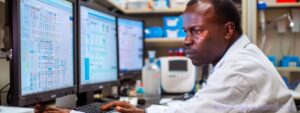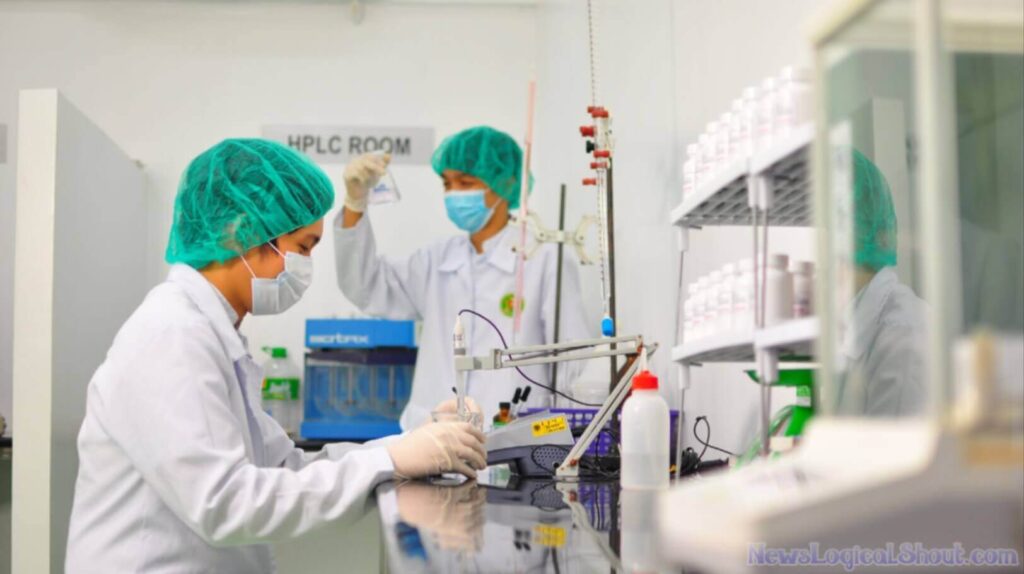In the world of healthcare, the importance of accurate diagnoses cannot be overstated. Key to achieving this is the often unsung field of medical laboratory science. Professionals in this area play a crucial role in patient care, conducting vital tests that inform treatment decisions. For those looking to enter this vital field, earning a bachelor’s degree in medical laboratory science offers a springboard to a rewarding career. Below, we delve into the perks of this educational path and how it caters to the burgeoning need for such professionals.
How a Degree in Medical Laboratory Science Strengthens Your Healthcare Career

A medical laboratory science degree provides a comprehensive understanding of human health and disease, essential for running complex diagnostic tests and interpreting results. It also gives a competitive edge in the job market, as graduates are deemed more capable and desirable by employers, facilitating better job placements and career advancement. Practical experience can lead to professional certifications, which are highly regarded in the field.
Medical laboratory scientists also contribute to improved patient outcomes by providing accurate data for effective treatments, directly affecting the overall healthcare quality within a community. A bachelor’s degree opens up opportunities for further education, allowing graduates to specialize or move into research or management roles, fostering lifelong learning and profession growth in the ever-changing healthcare sciences landscape.
The Practical Skills Gained from a Medical Laboratory Science Program
Earning a degree in medical laboratory science involves not only theoretical knowledge but also practical skills. These programs teach students how to handle lab equipment, conduct accurate tests, and ensure quality control. Students learn critical thinking and problem-solving skills, particularly in interpreting laboratory data. These skills are refined through hands-on experience during clinical rotations.
Communication is another core skill, as laboratory scientists must effectively communicate findings to other healthcare professionals, often under pressing circumstances. Training includes conveying complex information clearly and promptly, which is invaluable across various healthcare operations. These programs instill a strong ethical framework, ensuring students understand and adhere to the highest standards of medical professionalism. Integrity and ethical conduct are non-negotiable traits of a competent medical laboratory scientist.
Exploring the Growing Demand for Medical Laboratory Professionals
The demand for skilled medical laboratory professionals is on the rise, driven by an aging population, advancements in biomedical technology, and the critical need for precise medical testing. Hospitals, diagnostic labs, and research facilities are actively seeking trained experts, offering job security and a wide range of employment opportunities for those entering the field.
A bachelor degree medical laboratory science equips graduates with the skills to meet these growing demands. These professionals play a vital role in public health, particularly highlighted during the COVID-19 pandemic, where their expertise in analyzing tests has been essential in managing outbreaks. Educational programs ensure graduates are workplace-ready, addressing current health challenges from day one.
Opportunities for Specialization in Medical Laboratory Science Education

Medical laboratory science offers a wide range of subspecialties, including clinical chemistry, microbiology, hematology, immunology, and molecular biology, allowing graduates to choose a niche that aligns with their interests and career aspirations. Specialization can lead to leadership positions, innovation, and potential roles in policy-making, consultancy, and high-level management.
Educational programs provide opportunities for students to explore these avenues through elective courses and practical experience, enabling informed career decisions and job satisfaction. This specialization results in a dynamic field with professionals well-equipped to handle current challenges and lead the way into the future of laboratory science.
The Impact of Medical Laboratory Science Graduates on Public Health and Patient Care
Medical laboratory science graduates play a crucial role in public health by detecting, diagnosing, and treating diseases, ensuring community safety. They track infectious diseases, identify antibiotic resistances, and monitor outbreaks with precision. Accurate test results guide treatment plans, and their contributions are foundational to personalized medicine.
They are also crucial to preventative health strategies by identifying health risks early, enabling proactive measures and mitigating the potential for more serious conditions. This not only improves individual patient outcomes but also relieves the broader healthcare system. These graduates are frontline defenders in healthcare, contributing to maintaining and improving public health and ensuring the medical field continues to evolve alongside societal and technological changes.
Overall, the significance of a degree in medical laboratory science cannot be overstated. It is an investment in a fulfilling career that offers stability, opportunities for growth, and a direct impact on public health and patient welfare. As the demand for skilled medical laboratory scientists rises, the individuals who choose this path are setting themselves up for a future at the heart of healthcare innovation and service.


